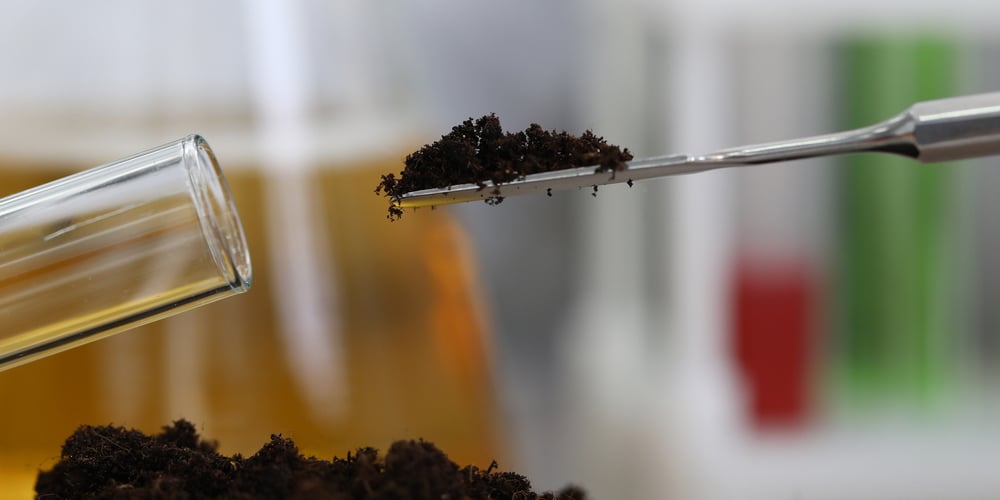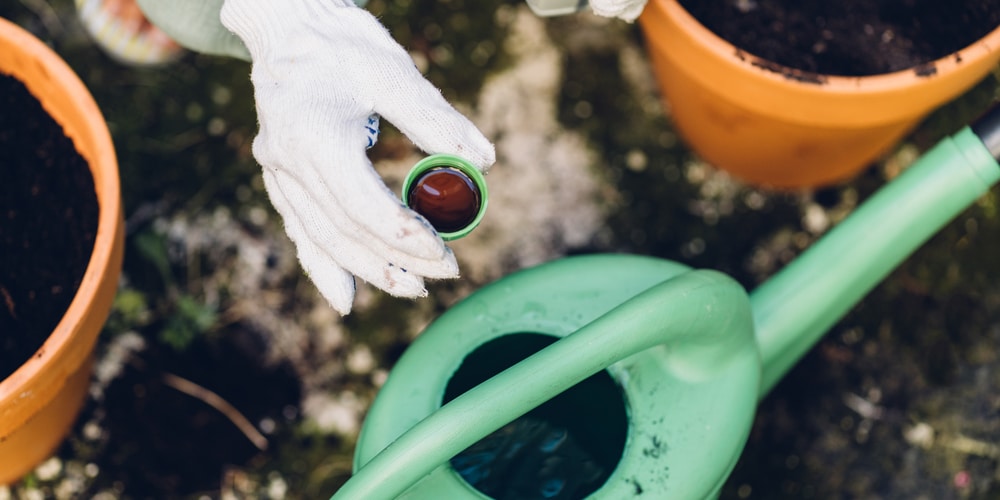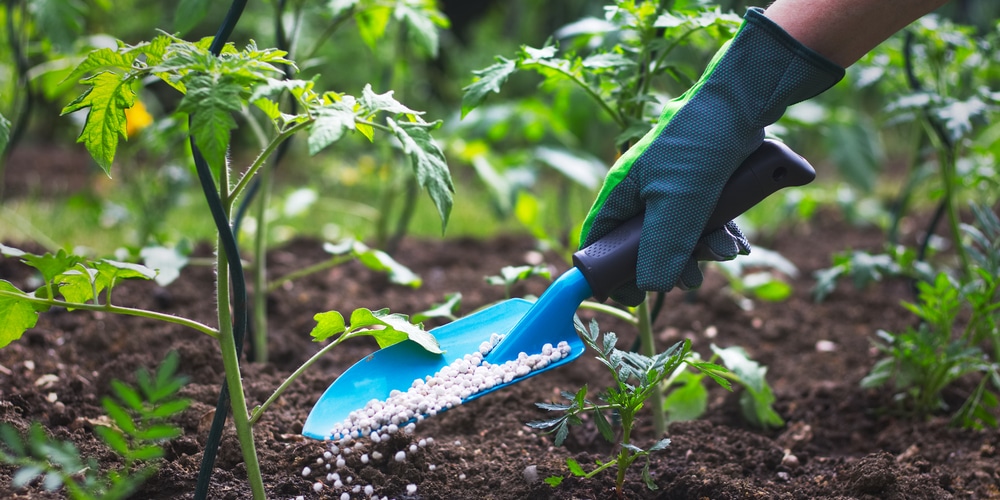Growing plants can be fun, but it takes time and effort from your side. Of course, not all species have similar requirements, so you must learn what each one needs to thrive to ensure you give them what they need. But that’s part of the journey of having a lush garden!
And, trust us, all of your efforts will be worth it when you become proud of how your yard looks!
Growing plants go beyond watering them. You must prevent (or eliminate) pests and diseases, keep an eye out for weeds, and ensure they get the amount of light they need. Plus, the climate should be optimal for their growth.
Does Your Plant Need Extra Iron
The soil conditions are also crucial. After all, even plants need to feed themselves. And the nutrient content they find in the soil has an impact on their development.
You can perform a soil test to check your yard’s conditions and make amendments to it (if necessary). There are many ways to do it naturally: you can add compost or manure. But what if your soil is poor in iron?
Just like this element is necessary for our diet, your plants also need it. Plants use it in photosynthesis and produce chlorophyll (the substance that makes them green). For this reason, a lack of iron might cause chlorosis, which manifests in the yellowing of leaves.
If you are growing a lawn in your yard, you might have experienced the effects of iron deficiency. And if the soil test reveals a lack of iron, you should look for a suitable supplement to ensure you don’t deprive your plants of this essential nutrient.
In this guide we put together for you, you’ll find our recommendations to help you find the best fertilizer with iron for your garden. Keep in mind that most products will affect your soil’s pH. Make sure you don’t alter it too much!
Fertilizer With Iron: Our Recommendations
One of the best sources of iron for your plants is iron sulfate or ironite. Depending on your needs, you can purchase ferric sulfate (which has a higher amount of iron, about 23% by weight), ferrous sulfate, or ferrous ammonium sulfate (which also contains nitrogen, an essential element to support your plants’ growth).
Iron sulfates are a good option if your soil is alkaline: these substances work as acidifiers. However, they are relatively expensive: if you need to amend a big part of your yard, you should consider other options.
Plus, iron sulfate works slowly: if you have a problem you need to solve fast, do not expect this substance to fix it.
Another substance that might work for your garden is iron chelate, which you can find in spray forms. It tends to be cheaper than iron sulfates but has a shorter life: you might need to re-apply it several times to get effective results.
Alternatively, you can add greensand to the soil: it contains between 5% and 12% of iron content by weight. Plus, it affects water retention: if you live in a hot and dry region, your plants might benefit from some extra moisture.
Greensand also contains potassium, another element that your plants need to thrive. And if your yard’s soil is heavy and compact, it will loosen it up.
Of course, you can also find iron supplements to provide your plants with what they need. Popular options include Ironite and Milorganite.
If you have dealt with yellowing on your lawn (at least once), you might be familiar with Ironite, a treatment for the conditions. Milogranite contains fewer amounts of iron. However, it also adds nitrogen to your soil.
If the iron deficiency in your garden is not severe, adding a blood meal might solve the issue. It might be a much cheaper solution, as it is a by-product of slaughterhouses.
It only contains 0.2% iron by weight but about 12.5% nitrogen. Because it also has phosphorous and potassium, you can use blood meal as an all-purpose fertilizer to give your soil a boost in nutrition.
Fertilizer With Iron: The Bottom Line
Iron is an essential nutrient in the growth of your plants. If you don’t offer enough of it, you must look for a suitable supplement. As you can see from this guide, there are various options: choose the one that works best for your garden (and your needs).
Also, avoid overdoing it: too much iron might prevent your plants from absorbing nutrients and cause severe issues.
Related Article: Best Fertilizer For New Sod?


